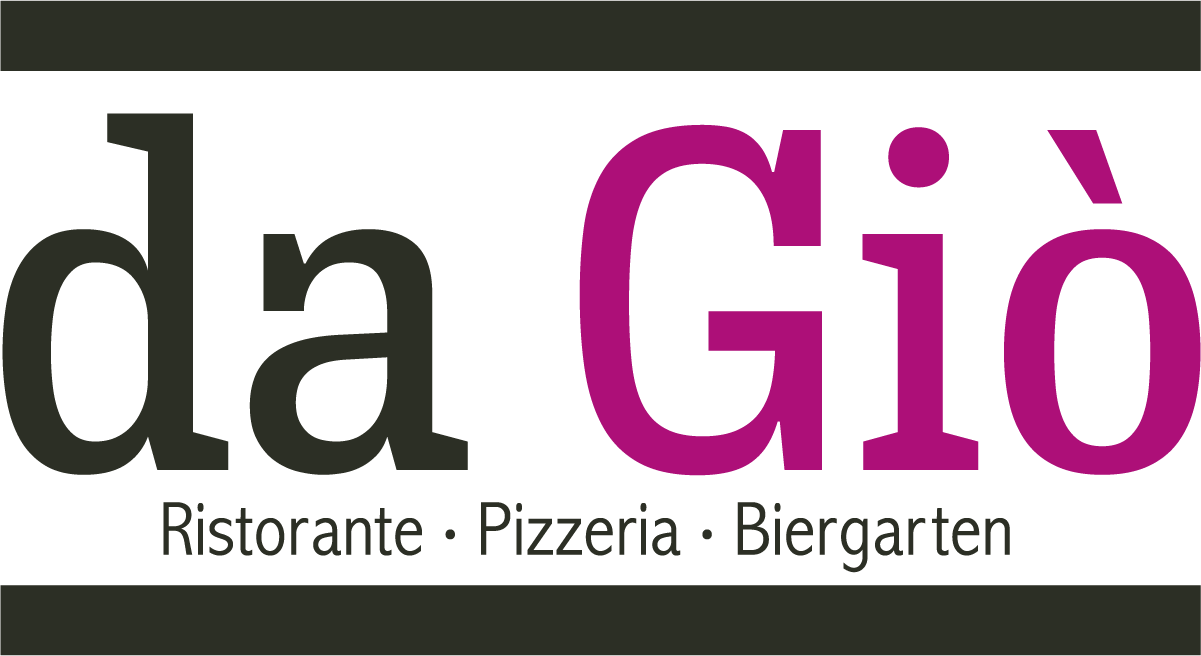Intuit’s QuickBooks Online excels as a small business accounting application because it offers a class-leading range of flexible s corps made easy for your business features and reports without sacrificing ease of use. A well-integrated payroll app and hundreds of add-ons extend its utility. Recent enhancements include an Etsy integration, expanded transaction management, useful tax tools, and an impressive shipping support tool. You pay a lot for the privilege of using it, but QuickBooks Online earns our Editors‘ Choice award for businesses that need the best item-tracking capabilities.
Cloud Access vs Local Installation
QuickBooks Desktop involves a one-time purchase, which can be appealing from a budgeting perspective. QuickBooks Online operates on a subscription model, spreading the cost out over time. This detailed comparison can help you decide which cost structure aligns better with your business’s financial planning. If you’re looking for ways to optimize your spending, check out FinOptimal’s Managed Accounting Services. QuickBooks Desktop remains what is the accounting treatment for an asset that is fully depreciated a popular choice, especially for businesses with complex accounting or those who prefer traditional software. Understanding these will help you decide if it’s right for your business.
Pricing Breakdown: Online vs Desktop
This also means you can access your data from any device with an internet connection, as Fit Small Business points out. Both QuickBooks Online and Desktop offer mobile apps, but their functionality differs. QuickBooks Online’s mobile app lets you create invoices, track expenses, and view reports, making it a powerful tool for managing finances on the go. It may not offer the same level of customization as the desktop version. QuickBooks Desktop’s mobile app lets you access key data but primarily complements the desktop software. Explore our resources on accounting automation for more on mobile accounting solutions.
QuickBooks Time
- New users can get help with setup by phone free of charge, which is huge.
- In the past, customers could choose between annually renewing plans and single-purchase software with a license that stayed valid for three years.
- This detailed comparison can help you decide which cost structure aligns better with your business’s financial planning.
- That said, it can feel overwhelming and confusing if you don’t have prior accounting knowledge.
- If your small or medium-sized business (SMB) is service-based, however, FreshBooks, our other Editors’ Choice winner, provides a competitive user experience and project management features.
- It does cost more to access this, which is approximately $22.50 more per month plus $6 per employee, per month.
QuickBooks Desktop, on the other hand, is installed locally on your computer. This offers more control but limits access to that specific machine. QBO can also be a cost-effective choice for businesses with multiple users.
This requires a proactive financial guarantee approach to data management to prevent data loss. Contact us at FinOptimal to learn more about how we can help manage these aspects. We also offer a partnership program for businesses looking to collaborate. And if you’re interested in joining a team focused on financial optimization, check out our career opportunities.
No matter which version of QuickBooks Desktop you’re using, you can switch to QuickBooks Online quickly and seamlessly. With our online migration tool, you can move all your data or move only what’s key—like balances and specific lists. If you need help, we can migrate your data for you at no additional cost. Stay in sync with the QuickBooks mobile app and work where you want. Send invoices, run reports, and get mobile alerts for key events—all on your smartphone.
If your business relies on complex inventory management, Desktop’s more comprehensive tools are likely a better fit. Bundle Cricut highlights Desktop’s one-time purchase model, which can lead to cost savings over time, especially for established businesses with predictable needs. Forbes also notes that Desktop is a good choice for businesses comfortable with accounting principles and that don’t require real-time collaboration. Zapier explains that QuickBooks Desktop, while lacking the same multi-user access, offers a broader set of features for a more in-depth look at your accounting. This can be important for businesses that need advanced reporting, inventory management, or industry-specific tools.

Leave A Comment